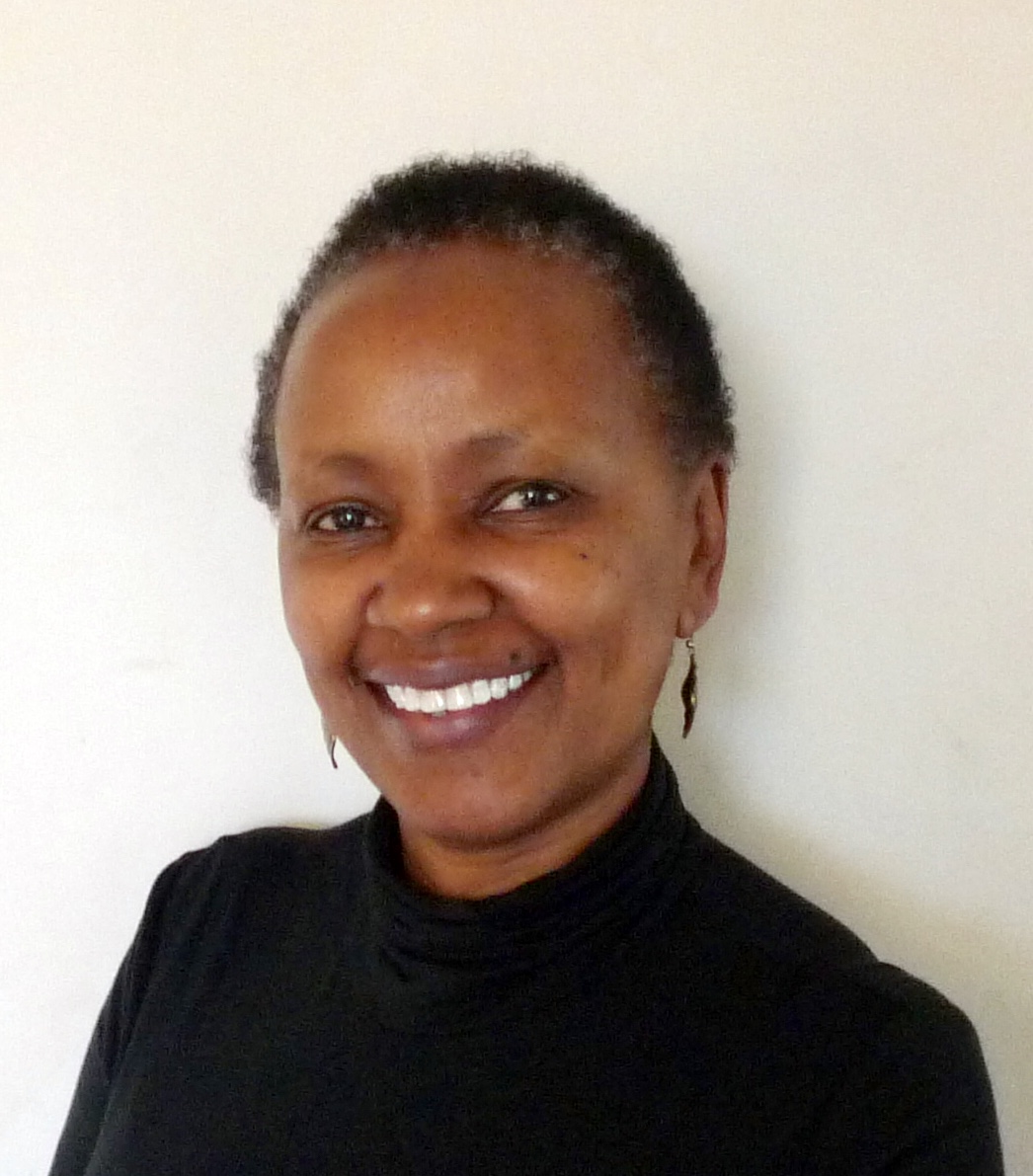First weeks at work: How is it working in Cambridge? I have been asked.

Written by Tabitha Mwangi, Cambridge Africa Programme Manager
Starting a new job during the lockdown means that I actually can’t tell you much. I am mostly sitting by the portable heater in the cold conservatory. I have gone through most of my induction materials and very much enjoyed e-meeting my colleagues. I have read a lot about the work that Cambridge-Africa is doing. And what great work you have all done!
I am looking forward to meeting everyone properly and really getting to know and see the work being done.
A little about myself.
My higher education started at the University of Nairobi in Kenya where I studied Veterinary Medicine. I enjoyed all the theory but I did not enjoy clinical practice – right from facing a snarling dog that needed to be muzzled to stitching up a cow after a caesarean section. I went through the course seeking to find something engaging that would not involve treating any animal unless it was fully sedated. When we studied zoonosis in public health, I found my forte. I decided I was going to be a lecturer in public health. For that I needed to continue with my studies.
By the time of graduation, I was already enrolled on a masters in Veterinary epidemiology at the University of Nairobi. I got a fantastic taste of research studying hydatidosis in the Dagoretti abattoirs, on the outskirts of Nairobi. The research, supported by the AMREF Turkana project, involved screening abattoir workers and school children as well as recording disease in slaughtered animals.
I then had a short stint at the now defunct Kenya Trypanasomiasis Research Institute, which gave me an opportunity to visit North-Eastern Kenya. We collected blood samples and treated a lot of cattle (read thick needles through tough skin!). During that period, there was an outbreak of human sleeping sickness in Busia, near the Uganda border. In all the villages where cases had been found, we screened all the mammals and treated those infected. My attempts at organising blood sampling from people, dogs and cattle all at once, with a small team of fieldworkers, was almost laughable at times but I learnt a lot about leading teams.
Though the work was exciting, I needed to crack on with my PhD if I was going to be a lecturer in the University. However, there was a queue of people, recruited long before I arrived at the research institute, all waiting for funding to enable them to study. I did not want to wait this out and that was one of the main reasons I left for the Kenya Medical Research Institute -Wellcome Trust Research Program in Kilifi. I spend 10 years there. I set up the first longitudinal study for active malaria surveillance in Kilifi. This consisted of weekly visits of over 1,000 people for over 2 years. We also run regular cross-sectional blood sampling surveys.
The team worked brilliantly and the samples and data collected have been the basis of tens of publications over the years. It was also the basis of my PhD on malaria epidemiology. Part of the surveillance continues to date.
I was 8 months pregnant with my first child when I defended my thesis. I had enjoyed my PhD but I was not sure what I wanted to do next. I took on a 6 months post-doc at the Oxford Vaccine Centre before returning to Kenya where I continued working on the same project while writing up my research . I did this for a couple of years before stepping down to pursue a different passion.
I wanted to write fiction and though I got a few fictional short stories published, I was more successful publishing health feature articles in one of the national papers, Daily Nation and I later started a blog .
At that time, Pwani University in Kilifi, was setting up a Masters in Public Health programme. I was recruited to help built this up and was senior lecturer for two years before having to move to the UK for family reasons. I found work as a senior lecturer in public health at the Anglia Ruskin University, UK. I was there for three years before taking on this position in Cambridge-Africa.
I continue to enjoy communicating science, writing for ‘The Conversation’ and have been guest on the BBC world service health check program a few times. I have a keen interest in writing about research conducted by African scientists and I am currently writing a book profiling African health researchers and looking to find a publisher soon.
This position in Cambridge-Africa fits perfectly with my current interest in raising the profile of African scientists. I look forward to playing my part in building research capacity in Africa.

